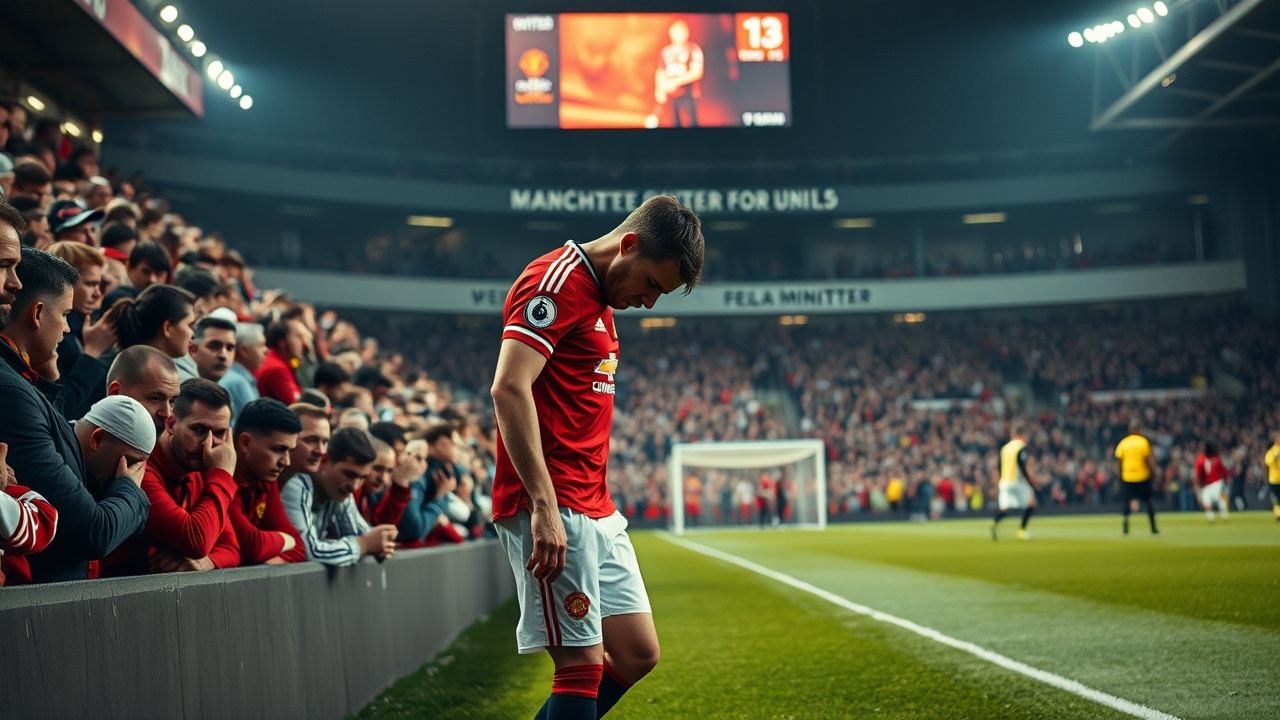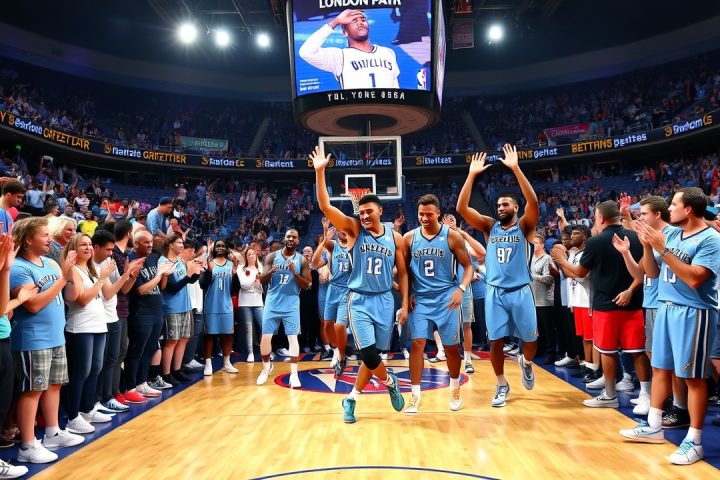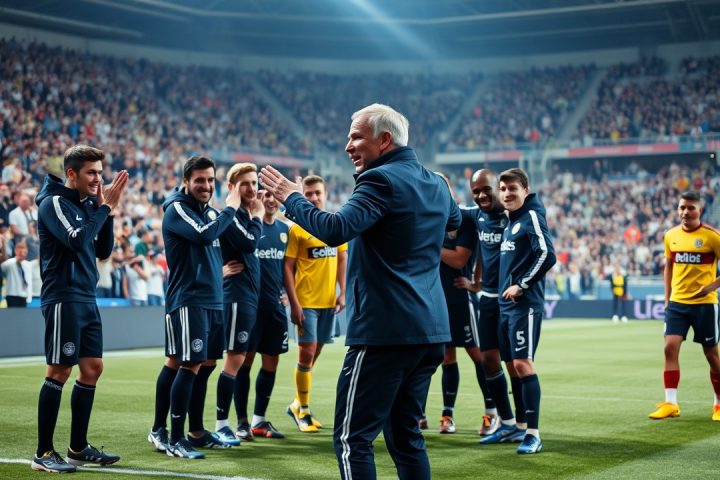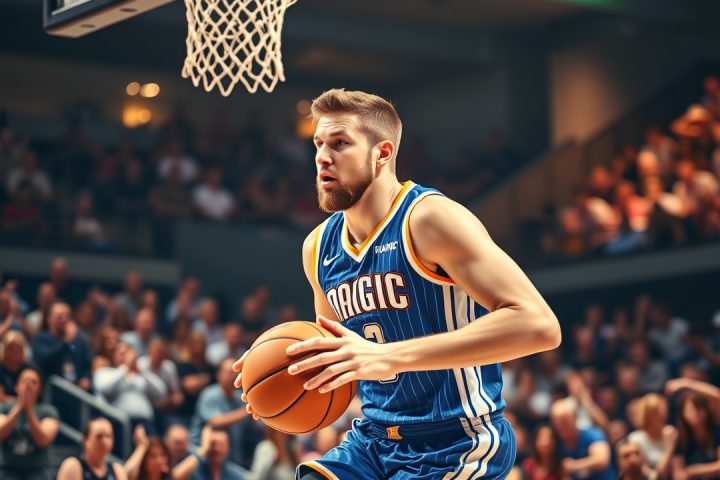Manchester United’s Financial Standing
In a recent analysis, it has been highlighted that Manchester United stands as the fourth highest revenue-generating soccer club globally, according to the latest figures from Deloitte. Meanwhile, FBref estimates that they also hold the record for the fourth highest wage expenditures in the sport. Despite these financial metrics, the team finished an unimpressive 15th in the Premier League last season, a stark contrast to their financial prowess.
Historical Context of Decline
This troubling trend is reminiscent of the 2014-2015 season when Borussia Dortmund, under Jürgen Klopp, ended up seventh despite their history of success. Similarly, José Mourinho’s Chelsea, fresh off a title win, found themselves in 10th place in the following season after his dismissal mid-campaign.
However, Manchester United’s struggles are not just a one-off incident; they have shown a continuous decline in their league standings over recent years, with previous finishes of sixth, third, eighth, and now fifteenth. Their goal differentials over the same span also paint a concerning picture: 0, +15, -1, and -10 respectively. This suggests a systemic issue rather than mere misfortune.
Current Management and Recruitment Strategy
Financially, they are in a position to recruit top-tier young talent, yet the club has failed to utilize this advantage effectively. With billionaire Jim Ratcliffe now at the helm and Ruben Amorim as the new head coach, expectations for renewal were high. However, the ongoing precariousness within the club suggests that not much has changed, leading many to conclude that Manchester United remains in turmoil.
A recent examination of player acquisition strategies reveals that elite teams tend to sign young players around the age of 22. In stark contrast, Manchester United’s recent transfer activity has seen them secure two players, both aged 26, raising eyebrows regarding their long-term strategy. While Bryan Mbeumo and Matheus Cunha enjoyed relatively productive seasons last year—scoring 20 and 15 goals respectively—the evidence suggests that their past performance may not be indicative of future success in a new environment.
Concerns Over Player Performance and Youth Development
Statistical models indicate that both players significantly outperformed their expected goals last season, hinting at a potential regression to their historical averages. For example, based on prior seasons, Mbeumo’s goal tally might realistically trend down to around 8 or 9. This leads to significant concerns about the prudence of investing approximately €150 million in players who may not replicate last year’s success—especially given United’s current standing in the league.
Moreover, United’s youth talents like Alejandro Garnacho and Amad Diallo, who have shown promise during challenging times, may find their playing time compromised by these new signings. Garnacho, in particular, is at a crossroads, as he, along with other key young players, has been excluded from the preseason tour in the US, sending signals of their dwindling status at the club. This situation potentially hampers future negotiations for their transfers, as clubs are unlikely to invest heavily in players viewed as unwanted.
Internal Confusion and Future Ambitions
Reports also indicate internal confusion regarding transfer negotiations, as the club appeared displeased with Brentford’s asking price for Mbeumo but eventually acquiesced. There’s a lack of coherence in Manchester United’s current recruitment strategy, evidenced by their interest in contrasting profiles for their center-forward spot, such as RB Leipzig’s Benjamin Sesko and Aston Villa’s Ollie Watkins, without a clear strategic direction.
With the club’s leadership openly stating a long-term plan targeting competitive viability by 2028, this heavy investment in immediate solutions raises questions. Given that the players signed will be well into their 30s by then, it seems that Manchester United is grappling with a mismatch between their stated ambition to rebuild for the future against a desperate urgency to return to winning ways in the present. As a club keen on success, their current strategy raises doubts about their ability to navigate the road ahead effectively.




